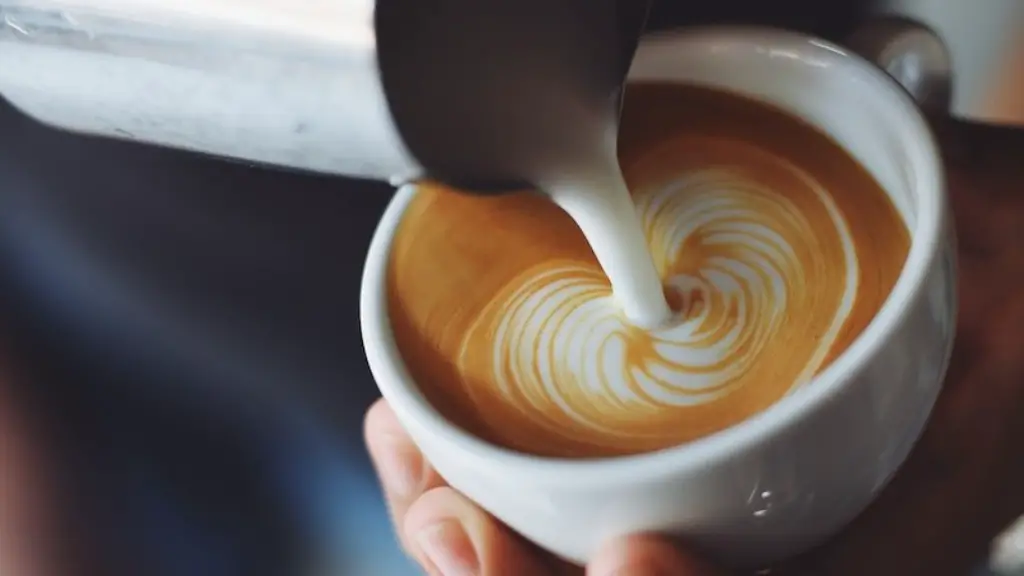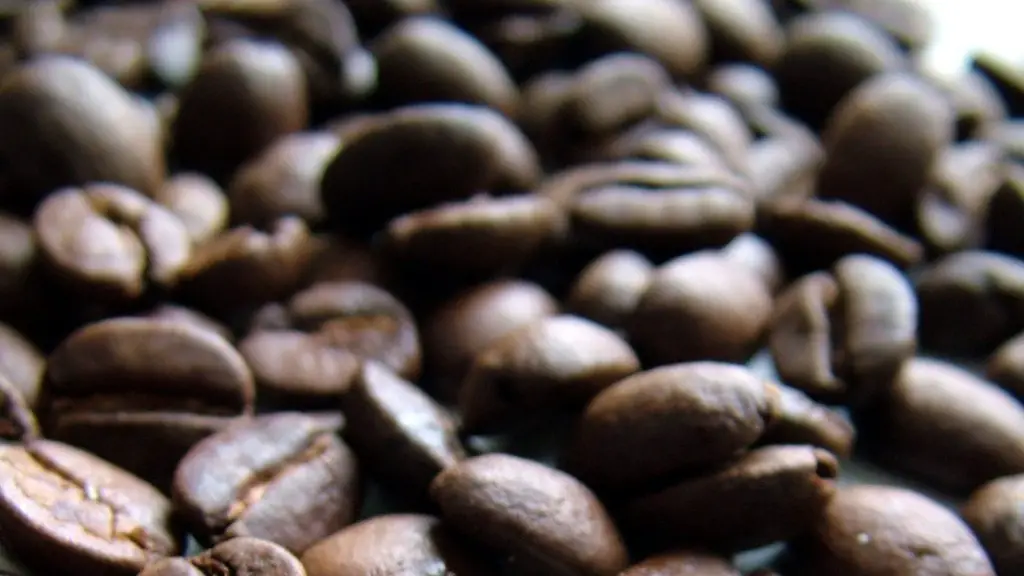What Has More Caffeine: Coffee or Energy Drinks?
Caffeine is one of the world’s most ubiquitous drugs. From energy drinks to coffee, tea, cocoa, and supplements, many of us consume it every day in various forms. Caffeine provides an energy boost that many of us rely on to make it through our days, but not all caffeinated drinks are created equal. So what has more caffeine: coffee or energy drinks?
Both coffee and energy drinks contain caffeine, but the levels can vary significantly between brands and types of drinks. On average, a cup of coffee contains 95 milligrams of caffeine. Energy drinks, on the other hand, contain between 50 and 250 milligrams of caffeine per serving. That means a single can of energy drink can contain almost three times the amount of caffeine found in a cup of coffee.
But not all energy drinks are created equal, as Dr. Alex Dimitriu, an expert in sleep and bipolar disorder, points out. Some energy drinks contain higher concentrations of caffeine than others. “Red Bull has about 80 milligrams of caffeine per can, and Monster Energy has about 160 milligrams of caffeine per can,” says Dimitriu. He also notes that energy drinks may also contain other potentially stimulating ingredients, such as herbal supplements, B vitamins, and sugar.
In addition to the amount of caffeine, the way caffeine is metabolized also plays a role in how effective it is in providing an energy boost. Dr. Robert Glatter, an emergency room physician, notes that the human body absorbs caffeine differently depending on the form it comes in. “For energy drinks, the caffeine and sugar are quickly absorbed in the bloodstream, creating an immediate surge of energy,” says Glatter. But for coffee, the caffeine is slowly metabolized, providing a more sustained energy boost.
But it’s important to keep in mind that too much caffeine, regardless of its source, can have negative effects on the body. The American Academy of Pediatrics recommends that children and adolescents limit caffeine intake to no more than 2.5 milligrams per kilogram of body weight per day. Caffeine overdoses can cause headaches, dizziness, irritability, and faster heart rate. It’s also important to keep in mind the other potentially stimulating ingredients contained in energy drinks.
Effects on Cognitive Function
caffeine has long been studied for its potential effects on cognitive function. Studies have suggested that caffeine may help improve focus, alertness, and reaction time, and may even help reduce the likelihood of developing Alzheimer’s disease. Additionally, studies have suggested that caffeine may help improve memory and decision-making skills.
However, this research is far from conclusive. Dr. Sarah Samaan, a cardiologist at the Baylor Heart Hospital in Plano, Texas, insists that more research is needed to make any conclusive statements about the effects of caffeine on cognitive function. “The effects of caffeine can vary greatly from person to person,” says Samaan. “For some people, it may help improve their focus and alertness, while for others it could make them feel jittery and irritable.”
Caffeine Tolerance
One of the problems with caffeine is that the body can quickly develop a tolerance to it. This means that over time, a person will require more and more caffeine to achieve the same level of alertness and focus. Dr. Stephen Larson, an expert in nutritional science, emphasizes the importance of moderating caffeine consumption to avoid the development of a tolerance. “If you find yourself needing more and more caffeine to get through the day, it may be time to limit your intake and take a break from it,” says Larson.
Healthy Alternatives to Caffeine
For those looking for an energy boost that doesn’t come with the potential side effects of caffeine, there are several healthy alternatives. Exercise and getting enough sleep are two of the most effective ways to increase energy levels. Eating a healthy, balanced diet and avoiding processed foods can also help to increase energy. Additionally, drinking plenty of water can help to keep the body hydrated, which can help to reduce fatigue.
Potential Unwanted Side Effects
Although caffeine can provide an energy boost, it can also come with some unwanted side effects. Caffeine can lead to insomnia, irritability, and restlessness. It can also cause headaches and anxiety. Additionally, caffeine can increase heart rate, blood pressure, and can lead to dehydration.
It’s important to remember that not everyone is affected by caffeine in the same way. Everyone’s sensitivity to caffeine is different, and it’s important to take this into account when deciding how much caffeine to consume.
Product Labeling
When it comes to caffeine, product labeling can be deceptive. Dr. Mark Moss, an expert in nutrition and metabolism, points out that many energy drinks masquerade as “cheaper alternatives” to coffee, despite containing much higher concentrations of caffeine than coffee. He also notes that many energy drinks don’t list the specific type and amount of caffeine they contain, making it difficult to compare them with other caffeinated beverages.
When choosing a caffeinated beverage, it’s important to understand the type and amount of caffeine it contains. Reading labels, understanding the potential effects of caffeine, and moderating consumption are all essential to safe and responsible caffeine use.
Caffeine Content in Food
It’s not just beverages that contain caffeine. Many processed and snack foods can also contain substantial amounts of caffeine. Energy bars and gels, chocolate, and some ice creams are just a few examples of foods that can contain caffeine. Some of these foods may also contain other naturally stimulating ingredients, such as guarana, yerba mate, or ginseng.
When choosing foods that contain caffeine, it’s important to check the label for the type and amount of caffeine it contains. Some of these foods may also contain significant amounts of added sugars, so it’s important to read the label to make sure the food is not overly sweetened.
Conclusion
In conclusion, it is important to acknowledge that both Coffee and Energy Drinks contain Caffeine, but the levels of caffeine can vary significantly between these beverages and other caffeinated food and beverages. The type, amount and form of caffeine, as well as the other active ingredients in both coffee and energy drinks, can all affect how effective the caffeine is in providing an energy boost. It’s also important to keep in mind the potential negative side effects of consuming too much caffeine and to check product labels for specific types and amounts of caffeine when trying to compare various caffeinated beverages and products.


